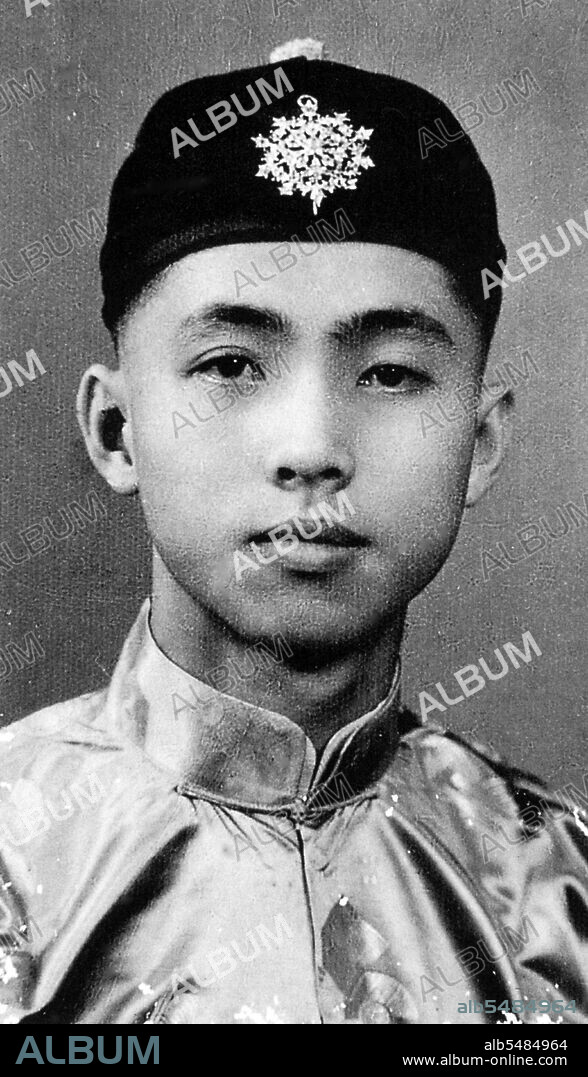alb5484964
A young Peranakan man dressed in formal Straits Chinese style.

|
Zu einem anderen Lightbox hinzufügen |
|
Zu einem anderen Lightbox hinzufügen |



Haben Sie bereits ein Konto? Anmelden
Sie haben kein Konto? Registrieren
Dieses Bild kaufen.
Nutzung auswählen:

Titel:
A young Peranakan man dressed in formal Straits Chinese style.
Untertitel:
Siehe automatische Übersetzung
Peranakan Chinese and Baba-Nyonya are terms used for the descendants of late 15th and 16th-century Chinese immigrants to the Malay-Indonesian archipelago of Nusantara during the Colonial era. Members of this community in Malaysia identify themselves as 'Nyonya-Baba' or 'Baba-Nyonya'. Nyonya is the term for the females and Baba for males. It applies especially to the ethnic Chinese populations of the British Straits Settlements of Malaya and the Dutch-controlled island of Java and other locations, who adopted partially or in full Malay-Indonesian customs to become partially assimilated into the local communities. While the term Peranakan is most commonly used among the ethnic Chinese for those of Chinese descent also known as Straits Chinese, it may also be applied to the Baba-Yaya community in Phuket and other provinces of southern Thailand.
Bildnachweis:
Album / Pictures From History/Universal Images Group
Freigaben (Releases):
Model: Nein - Eigentum: Nein
Rechtefragen?
Rechtefragen?
Bildgröße:
3200 x 5574 px | 51.0 MB
Druckgröße:
27.1 x 47.2 cm | 10.7 x 18.6 in (300 dpi)
Schlüsselwörter:
ASIEN • ASIEN, KONTINENT • CHINESIN • CHINESISCH • GESCHICHTE • KONTINENT, ASIEN • MALAYSIA • MODE • SINGAPUR • STIL • ZEITGESCHICHTE
 Pinterest
Pinterest Twitter
Twitter Facebook
Facebook Link kopieren
Link kopieren Email
Email
